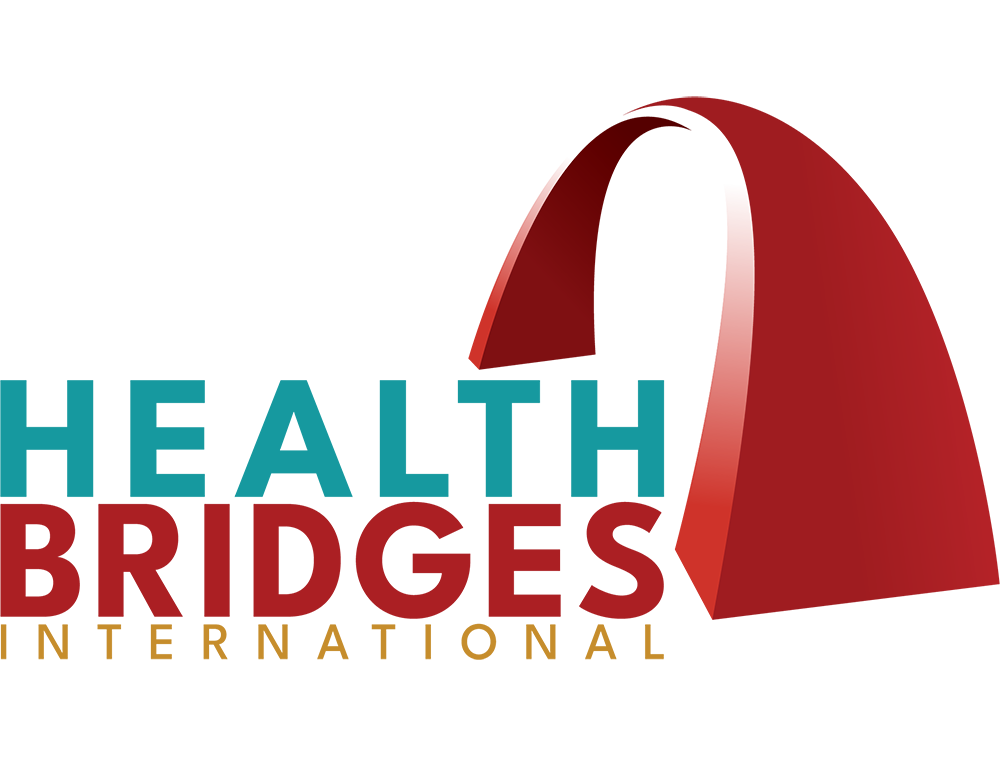We are on the way, the permanent way. By Dr. Roberto Tarazona, Senior Health Advisor
 Very early, almost at dawn, the Peruvian television news showed us an unimaginable scene: hundreds and hundreds of people sleeping on the streets of Lima, faces tired from the cold, hunger and despair. Women carrying their children in their arms, sleeping on cardboard. The elderly, young people, adults: people like us and like our families sleeping on the streets in the damp and the cold. Bodies sheltering other bodies. All hoping that in the new day, the desire to return to their cities of origin, to the small homeland, where friends and family live, where they feel part of a community, of a shared history, in the land of their parents and their ancestors.
Very early, almost at dawn, the Peruvian television news showed us an unimaginable scene: hundreds and hundreds of people sleeping on the streets of Lima, faces tired from the cold, hunger and despair. Women carrying their children in their arms, sleeping on cardboard. The elderly, young people, adults: people like us and like our families sleeping on the streets in the damp and the cold. Bodies sheltering other bodies. All hoping that in the new day, the desire to return to their cities of origin, to the small homeland, where friends and family live, where they feel part of a community, of a shared history, in the land of their parents and their ancestors.
The quarantine has made it flourish and has built different barriers, one of them, for health reasons, prevents human mobility to the different cities in the interior of the country.
The great city of Lima, capital of Perú, with over 12 million inhabitants, has grown rapidly and disorderly, especially in recent decades. For some decades, it has supported the migration of millions of people and families who came from different parts of the interior of the country with the hope of overcoming poverty and achieving social and economic progress. Added to this, the arrival of thousands of Venezuelans in recent years, official data indicates that about 90% are in Lima.
A fragile social and economic structure supported the living conditions of millions of people, who already had poor quality housing problems, in very under-resourced areas without basic infrastructures, and with great overcrowding; 70% of families supported themselves by informal commerce, with family budgets of less than $9 (US dollars) per day. Families living in great vulnerability.
All this precariousness collapsed with the pandemic, causing a new diaspora: from Lima to deep Perú. With no means of transportation, they were left to walk and walk, with their children and their stories of frustration, in the middle of the roads and the unforgiving sun, through the deserts of the coast of Perú or the cold mountains of the central highlands. They are called “the walkers” and their steps have awakened a renewed sensitivity to human suffering.
The pandemic has made us study and learn many things about the virus and the COVID-19 disease; Likewise, care protocols have been prepared for its different phases. There are also important advances to achieve a vaccine. We have witnessed the precariousness of the healthcare system and the heroic work of health professionals. This is a path that we must continue to build.
The Peruvian government and authorities have reacted with great clarity of purpose and efficinet timing. They’ve organized a responsible and dignified approach to support our country. But what about “the walkers” and the underserved that lived in the shadows of society, on the edges of our world? What about their needs?
This pandemic has shown us the deepest structure of the human heart, the values that give consistency and strength to every human society. Along the way, many people left their homes to share food, water or protection measures for the cold and heat. The reality of the “walkers” reminds us that no suffering is alien, and non one should ever suffer alone. When we open our hearts to the needy, we create connection. We create community. This is a path that we must travel, as a society, to build renewed bridges of solidarity and human encounter.
Nothing will be the same in the post pandemic, small bridges of fraternity and justice will be necessary in daily life. We will all be called to build a superior society for everyone. Our only way forward: solidarity and human encounter. Join us. Be a bridge!


Leave a Reply
Want to join the discussion?Feel free to contribute!